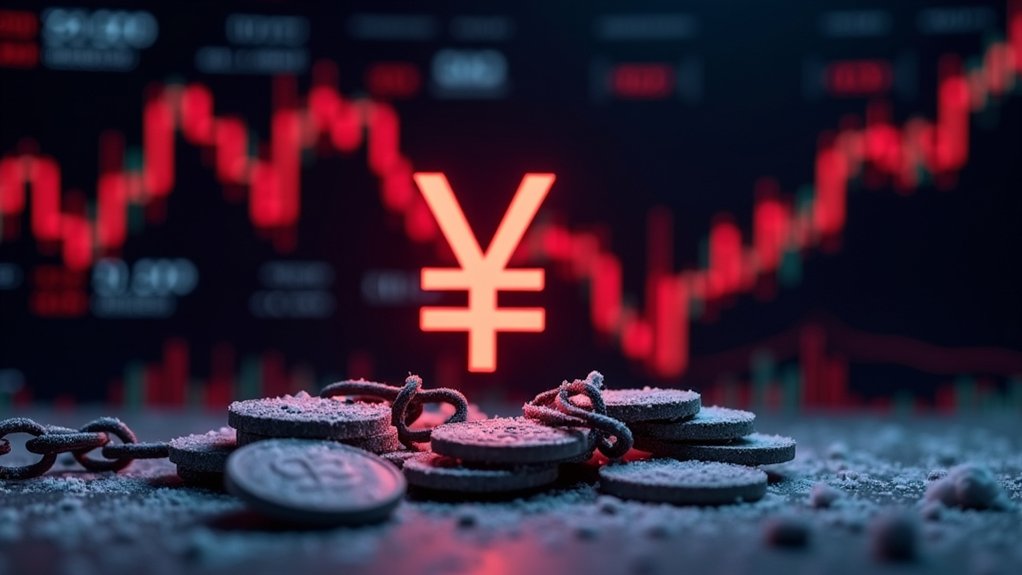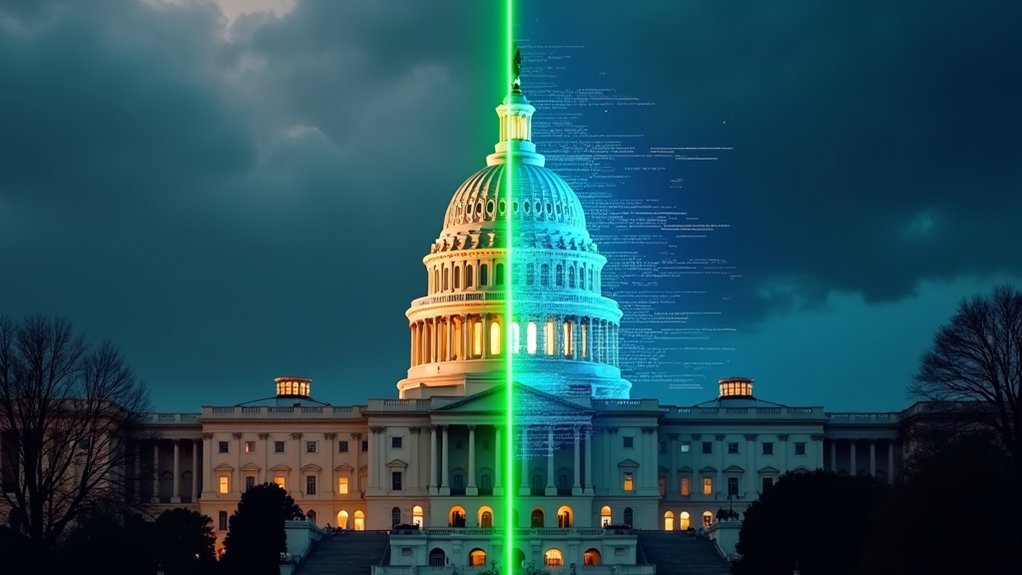While most Americans struggle to balance their checkbooks, Elon Musk claims the federal government has been operating a network of “magic money computers” that create trillions “out of thin air.” The billionaire entrepreneur, now heading the Department of Government Efficiency (DOGE) alongside Vivek Ramaswamy, has identified 14 such computers allegedly scattered across Treasury, HHS, State Department, and DOD.
Musk isn’t mincing words. He’s calling it “maybe the biggest scam of all time.” According to him, these systems issue payments without proper oversight or accounting, leading to government figures being off by a whopping 5-10%. Meanwhile, regular folks get audited for claiming an extra $100 deduction. Makes sense, right?
The DOGE team hasn’t been sitting idle. They’ve already canceled 239 “wasteful” contracts worth up to $1.7 billion and are knee-deep in Treasury’s financial data. Their mission has an expiration date: July 4, 2026. Clock’s ticking.
Not everyone’s thrilled about Musk poking around government finances. Critics worry about his access to sensitive Treasury data. What happens when the world’s richest man has his fingers in both private enterprise and government intelligence? Kinda sounds like a plot from a dystopian novel.
Musk has started exploring blockchain as a potential solution to the “magic money” problem. Transparent, traceable transactions? Revolutionary concept for government spending! This interest comes as market sentiment increasingly influences cryptocurrency valuations, with figures like Musk capable of triggering significant price movements with a single statement.
Senators are raising alarms. Public figures are clutching pearls. Everyone’s suddenly concerned about the separation between business and government. Where was this energy before?
The whole situation has sparked debates about how money is created in modern times. Banks create money through lending. The Fed regulates the process. Digital systems have replaced physical currency printing. But who’s watching the watchers? Contrary to Musk’s implications about government creation, most new money actually enters circulation through private bank lending in our fractional reserve banking system.
The fallout continues. Musk’s recent request to access the Treasury’s payment system, which manages over $6 trillion annually, led to the resignation of a senior Treasury official. Expect more scrutiny of government financial systems, possible legislative action, and heated debates about private-sector involvement in government operations. One thing’s certain: Musk has kicked a hornet’s nest of financial intrigue.





